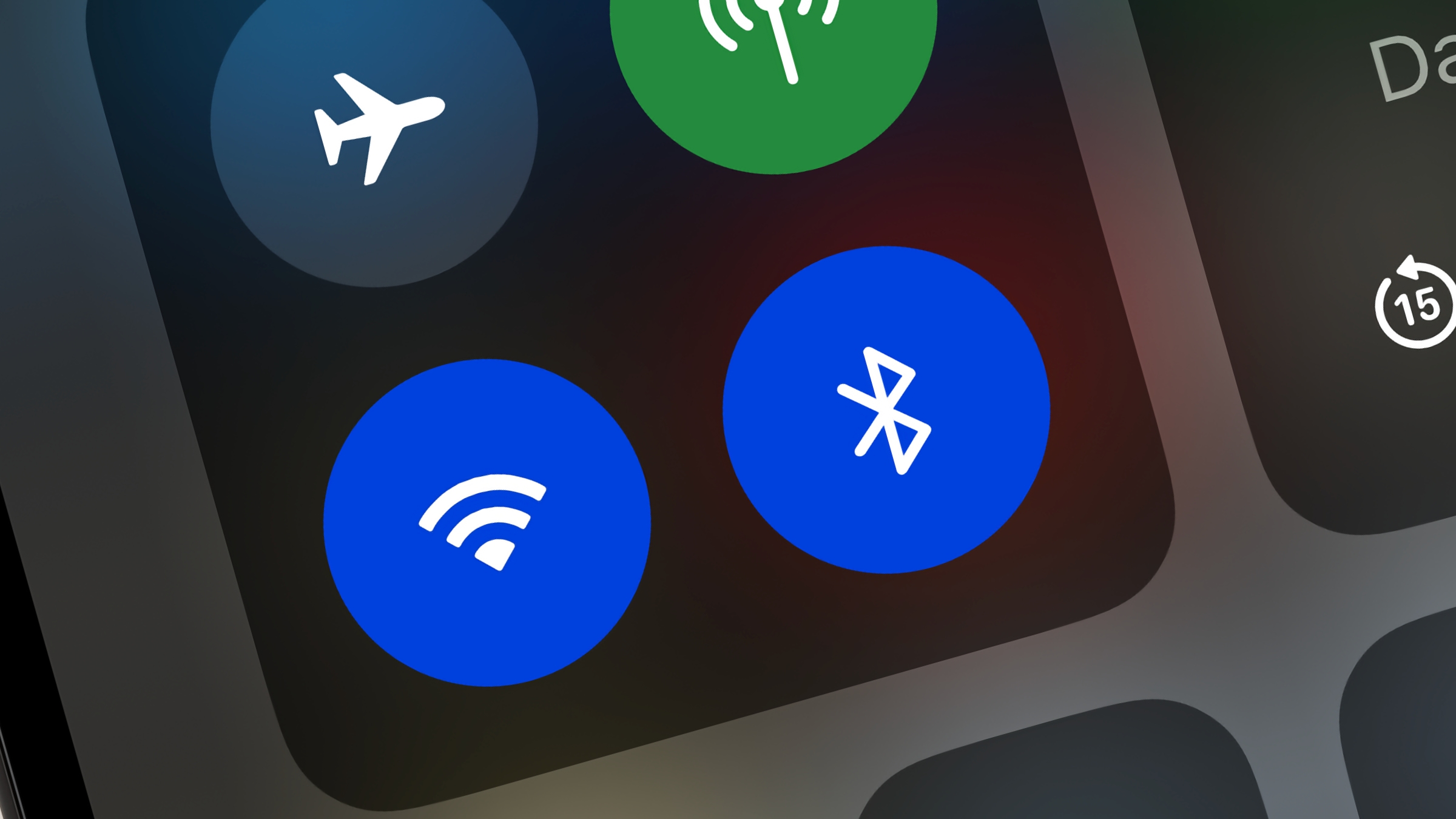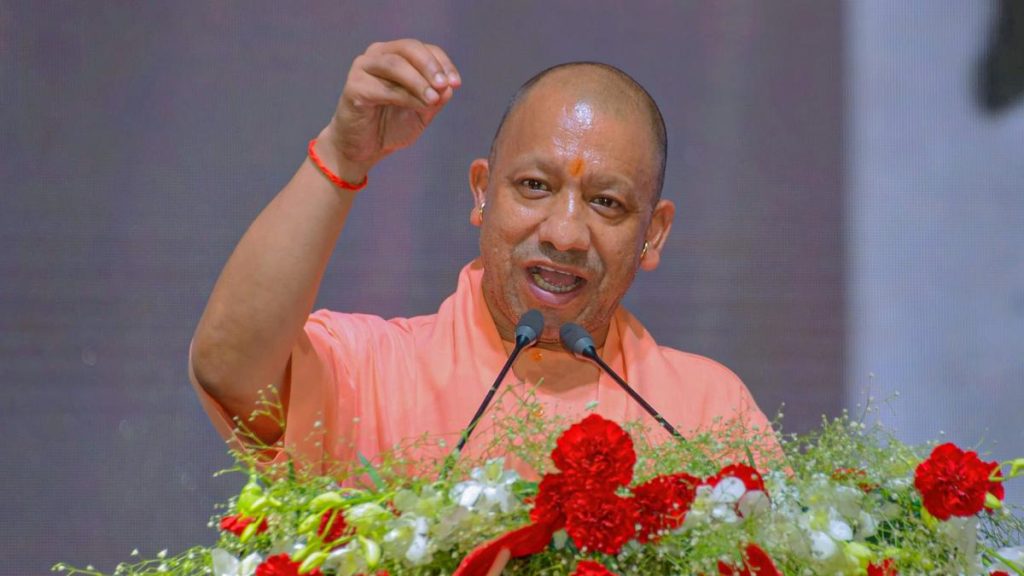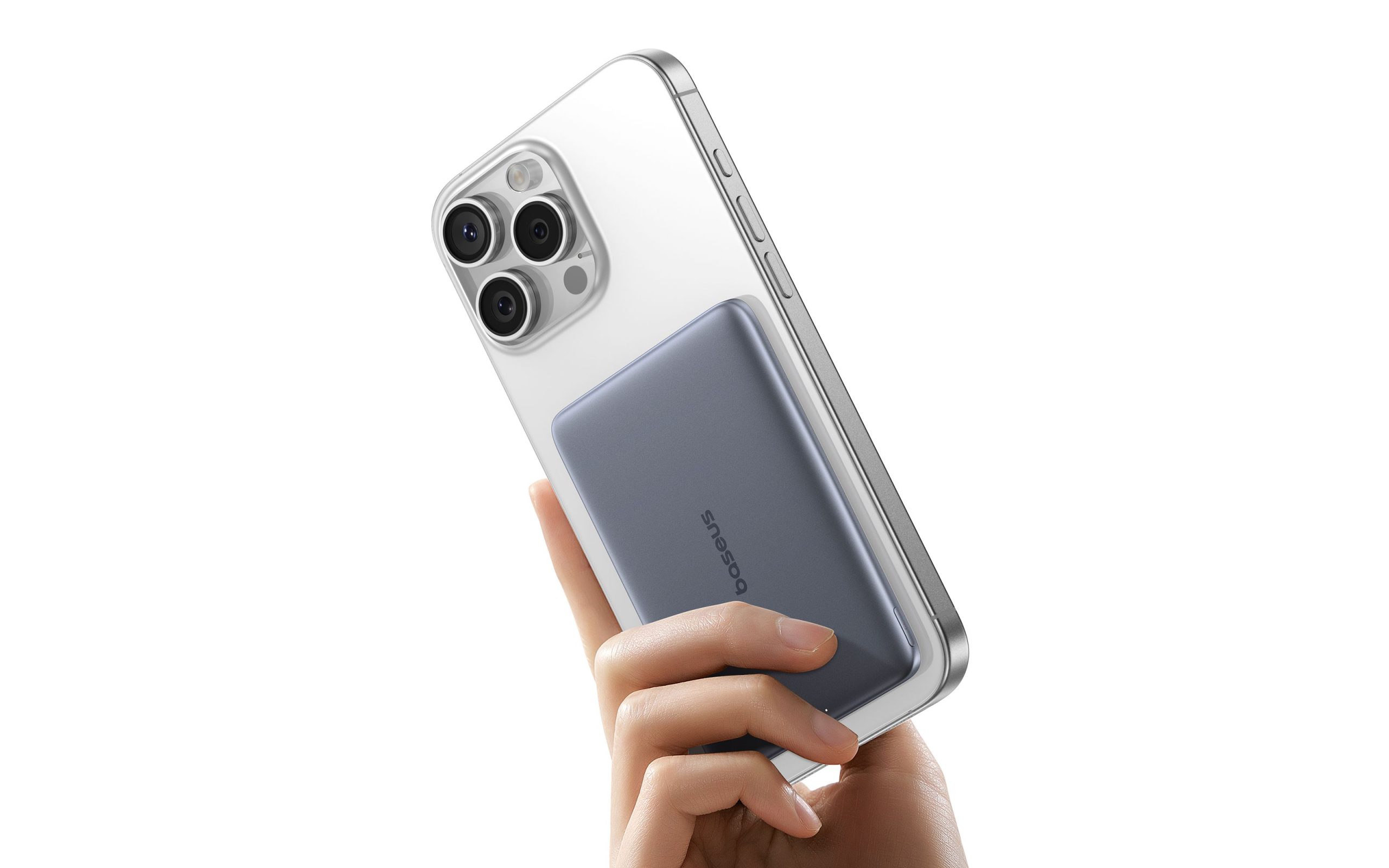Now Reading: Bluetooth 6.1 Arrives Ahead of Bluetooth 6 Device Launches
-
01
Bluetooth 6.1 Arrives Ahead of Bluetooth 6 Device Launches
Bluetooth 6.1 Arrives Ahead of Bluetooth 6 Device Launches

Swift Summary
- Bluetooth 6.1 Announced: Despite no devices currently supporting Bluetooth 6, teh Bluetooth group has unveiled the Bluetooth 6.1 specification ahead of new device launches.
- Key Features:
– Randomized RPA (Resolvable Private Address): Enhances privacy by making it harder for snooping devices to track activity or location through randomized timing of address changes.
– Battery Efficiency: The address change operation can now be handled by the Bluetooth controller rather than the CPU, improving power efficiency and saving battery life.
- Previous Advances in Bluetooth 6: Added centimeter-level accurate location/distance tracking using Channel Sounding capability, along with improvements to latency and throughput.
- Upcoming devices: Premium phones expected this fall could support these features, possibly including the iPhone 17 given Apple’s focus on privacy and energy efficiency.
Indian Opinion Analysis
The declaration of Bluetooth 6.1 looks set to bring meaningful improvements in privacy and power efficiency-two priorities that align well with modern technological needs globally, including India’s growing digital infrastructure ecosystem. Privacy-focused features such as Randomized RPA could mitigate concerns regarding unwarranted data tracking as Indian users rely increasingly on devices for sensitive communications and transactions.
Moreover, enhanced power-saving measures could appeal strongly in a market like India where access to reliable electricity remains uneven across regions. This technology might provide beneficial steps toward longer device usability despite sporadic charging opportunities-a notable value addition for consumers who prioritize functionality over high-end features.
For manufacturers producing budget or mid-tier smartphones tailored specifically for India’s price-conscious demographic, adopting these capabilities has potential implications: improved durability combined with user trust concerning safety/privacy standards might boost consumer confidence across economic strata.
























